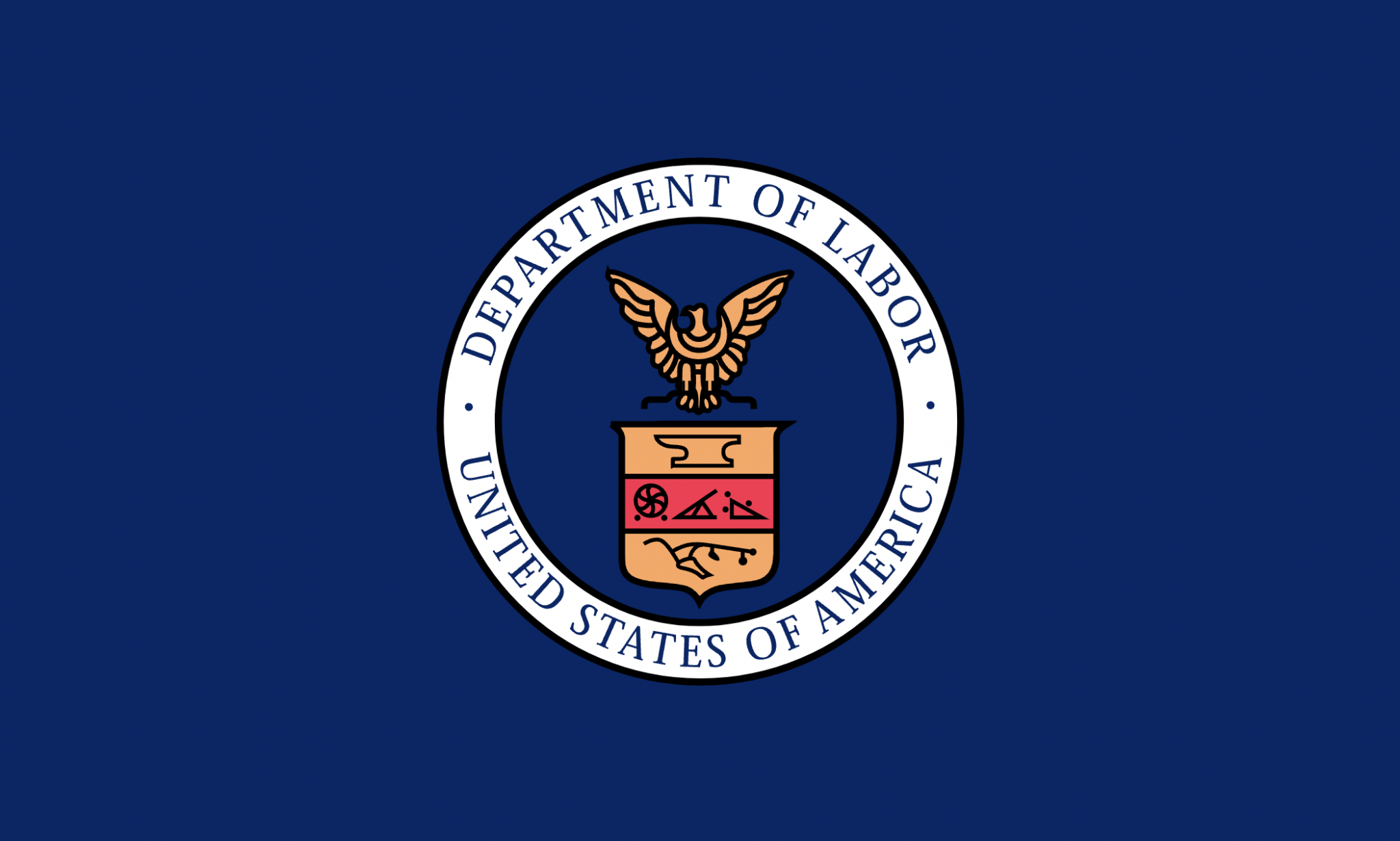
Jason Vazquez is a staff attorney at the International Brotherhood of Teamsters. He graduated from Harvard Law School in 2023. His writing on this blog reflects his personal views and should not be attributed to the Teamsters.
In an article published yesterday, the New York Times aims to expose “the human cost of Amazon’s employment machine.” Based on interviews with hundreds of current and former Amazon warehouse workers, the piece describes the company’s intense fixation on productivity and efficiency and spotlights its dystopian reliance on robotics, metrics, and algorithmic systems to carefully monitor and track nearly every facet of its employees’ work lives.
The piece details that Amazon founder Jeff Bezos devised a business model that relies systematically on employee churn — while Amazon has hired hundreds of thousands of employees in recent years, most have been cycled out of its warehouses nearly as quickly as their replacements can be supplied. In fact, the article reveals that Amazon depletes labor markets with such intensity that its management team has begun expressing concern that it may struggle to secure enough labor to continue to sustain its sprawling operations in wide swaths of the country.
In more uplifting news, the organizing surge spurred by the precarity and dislocation the pandemic unleashed continues to metastasize across a wide range of industries. Hundreds of staffers at Oxford University Press in New York City announced this morning that they have joined the NewsGuild. Dozens of workers at software firm Mapbox announced yesterday that nearly two-thirds of the company’s U.S. employees have signed cards to join the CWA. And the country’s first Black-owned distillery, located in Minneapolis, voluntarily recognized its employees’ independent union on Monday.






Daily News & Commentary
Start your day with our roundup of the latest labor developments. See all
January 5
Minor league hockey players strike and win new deal; Hochul endorses no tax on tips; Trump administration drops appeal concerning layoffs.
December 22
Worker-friendly legislation enacted in New York; UW Professor wins free speech case; Trucking company ordered to pay $23 million to Teamsters.
December 21
Argentine unions march against labor law reform; WNBA players vote to authorize a strike; and the NLRB prepares to clear its backlog.
December 19
Labor law professors file an amici curiae and the NLRB regains quorum.
December 18
New Jersey adopts disparate impact rules; Teamsters oppose railroad merger; court pauses more shutdown layoffs.
December 17
The TSA suspends a labor union representing 47,000 officers for a second time; the Trump administration seeks to recruit over 1,000 artificial intelligence experts to the federal workforce; and the New York Times reports on the tumultuous changes that U.S. labor relations has seen over the past year.